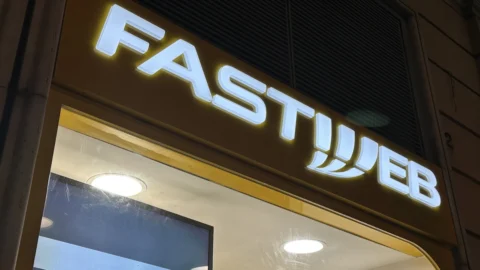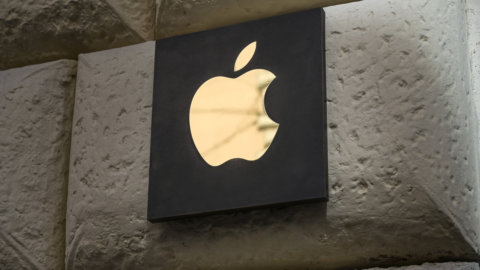The EU green light for the Luxottica Essilor merger is unconditional. And it arrived earlier than expected. The announcement was made by the CEO of Essilor Hubert Sagnieres himself, as soon as he received it from the European Commission, at the end of the conference call with analysts on the 2017 accounts. “The green light without conditions from the European Commission has just been communicated” said the number one of the French group.
The European Commission communicated its decision with a broad note explaining that after an in-depth investigation that began last September, the EU Commission came to the conclusion that "the merger operation will not have detrimental effects on competition" in the market unique. "We have consulted 4.000 opticians in Europe and, after gathering information, it has emerged that Essilor and Luxottica will not have the power to harm the market," said competition commissioner Margrethe Vestager. “Our initial concerns – she added – have not been corroborated by the results after the consultation of the players on the market. So we can let the concentration take place without setting conditions.
The EU Commission recalled that Essilor and Luxottica sell complementary products. Essilor is the leading supplier of ophthalmic lenses, both worldwide and in Europe. Luxottica is the leading supplier of eyeglass frames, both worldwide and in Europe, and its portfolio includes very famous brands such as Ray-Ban and Oakley. The two companies sell their products to opticians, who in turn sell the finished eyeglasses and sunglasses to consumers.
The objective of the European Antitrust Authority was essentially to verify whether the merged company could use the strong brands held by Luxottica to convince opticians to buy Essilor lenses, thus excluding other lens manufacturers from the markets, through practices such as the bundled or tied sale.
Today, the EU executive indicates that the investigation has made it possible to ascertain that the strongest brands of frames and sunglasses held by Luxottica, including Ray-Ban, are not generally essential products for opticians. This conclusion is consistent with the fact that in Europe Luxottica has a share of the frames market of less than 20% and with the fact that a considerable number of optical stores in Europe do not sell Luxottica products. Furthermore, the company resulting from the merger "would not be able to exploit any market power in the sunglasses segment to exclude competing lens suppliers from the market", the European Antitrust statement further specifies. Sunglasses are mostly sold without optical corrections and represent a small portion of opticians' revenue.
Furthermore, the Commission notes that the new company would not have sufficient incentives to engage in practices such as bundling and tying, due to the risk of losing customers. Furthermore, even if it did engage in such practices, "it is unlikely that they would have the effect of marginalizing lens suppliers and hurt competition." Nor would it be able to foreclose competing suppliers of eyeglass frames, since Essilor has no market power and no incentives to foreclose Luxottica's competitors
Finally, the Antitrust explains that "no competition problems related to the elimination of emerging competition have been identified, since it is unlikely that Luxottica's limited activities in the lenses sector and Essilor's limited activities in the eyeglass frames sector will take over in the near future a significant role in terms of competition”.
Hence the conclusion that "the transaction would not have created competition problems within the European economic area or in any substantial part of it"
Given the global reach of the companies' activities, the Commission has worked closely with other competition authorities, including the US Federal Trade Commission, as well as the competition authorities of Australia, Brazil, Canada, Chile, China, Israel, New Zealand, Singapore, South Africa and Turkey.





